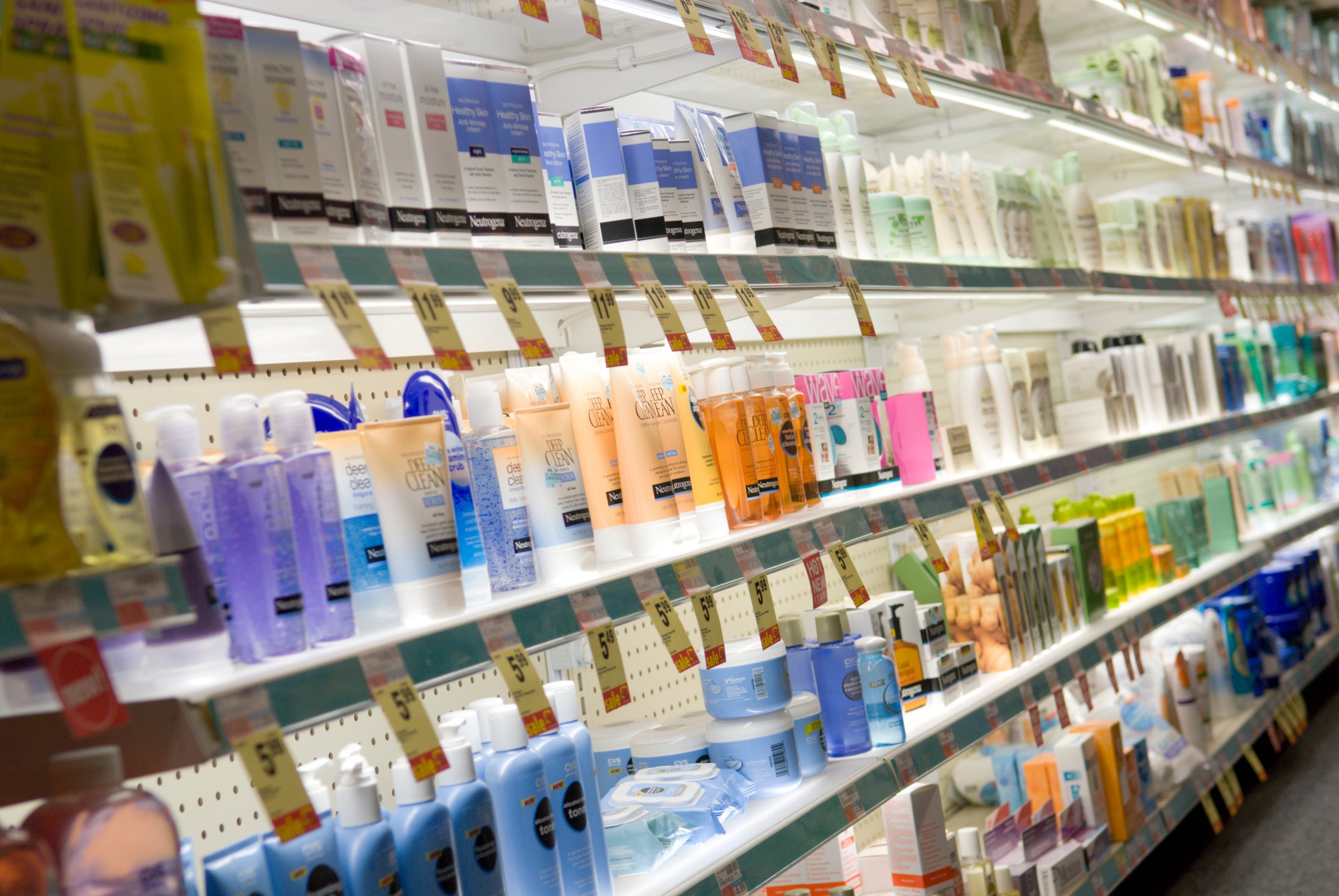
Buying store-brand items to save money seems like a no-brainer, but many of us still don’t — even though buying generics could save American shoppers $44 billion a year. Wonder why we’re willing to pay double or triple for virtually identical products that carry a name brand? A new research paper explores why we do it and gives us hints how to stop it.
Matthew Gentzkow, a professor of economics at the University of Chicago Booth School of Business and one of the authors of the study, says research shows that people who are experts in areas like food or medicine tend to buy more generics in those categories. Pharmacists, for instance, are much more likely to buy generic over-the-counter headache medicine. Chefs have a greater tendency to buy store-brand pantry staples like sugar, salt and baking mixes.
This observation leads Gentzkow and his team to theorize that the rest of us pay more for name brands because we lack the knowledge base these culinary or medical professionals have. Pharmacists know that CVS-brand ibuprofen is literally the exact same medication as Advil, so they’re less susceptible to the marketing message that the name-brand pills carry an advantage that justifies their higher price.
The rest of us? Not so much. We default to the marketing machine that tells us name brands are somehow inherently better. To be fair, that’s because there is a difference in many cases. In many categories of stuff we buy, you get what you pay for — but marketers have highjacked that and pushed on us the belief that name brands are better all the time, which just isn’t true.
“Brands exist for a reason, which is in part to help people distinguish poducts that really are higher quality,” Gentzkow says. “What firms do is exploit that to sell products in other contexts and the problem is that people can’t tell when brands are really better.”
Even if people know a generic contains the same ingredients — even if the package specifically says “compare to” the name brand equivalent — we still don’t believe they’re the same thing without a fairly deep base of professional knowledge. People especially are intimidated by purchases that involve a medical question, unless they’re in that profession themselves. It doesn’t even have to do with educational level overall, Gentzkow says. Registered nurses are more likely to buy store-brand medications than lawyers, even though lawyers have a lot more schooling under their belts.
“We’re looking at people who have a lot of information not only about the active ingredients but other information that’s relevant,” Gentzkow says. “I think the gap here is about more than just there are facts that people don’t know. It’s that making the correct decision requires quite a lot of information and sophistication.”
But this doesn’t mean you have to get a pharmacy degree or go to culinary school to avoid overpaying for name brands, Gentzkow says. There are ways you can train yourself to think like an expert when you’re weighing store- versus name-brand purchases.
“Ask yourself, how hard would it be for another company to make something that’s the same?” he says. “Where am I finding that the store brand stuff is just as good? Are there other places I might apply that same knowledge?”
We tend to learn which generic items work or taste as well as their branded counterparts by trial and error, so build on that, Gentzkow recommends. “People have a really hard time extrapolating knowledge from one context to another, but it’s really valuable to figure it out.”
More Must-Reads from TIME
- Cybersecurity Experts Are Sounding the Alarm on DOGE
- Meet the 2025 Women of the Year
- The Harsh Truth About Disability Inclusion
- Why Do More Young Adults Have Cancer?
- Colman Domingo Leads With Radical Love
- How to Get Better at Doing Things Alone
- Michelle Zauner Stares Down the Darkness
Contact us at letters@time.com